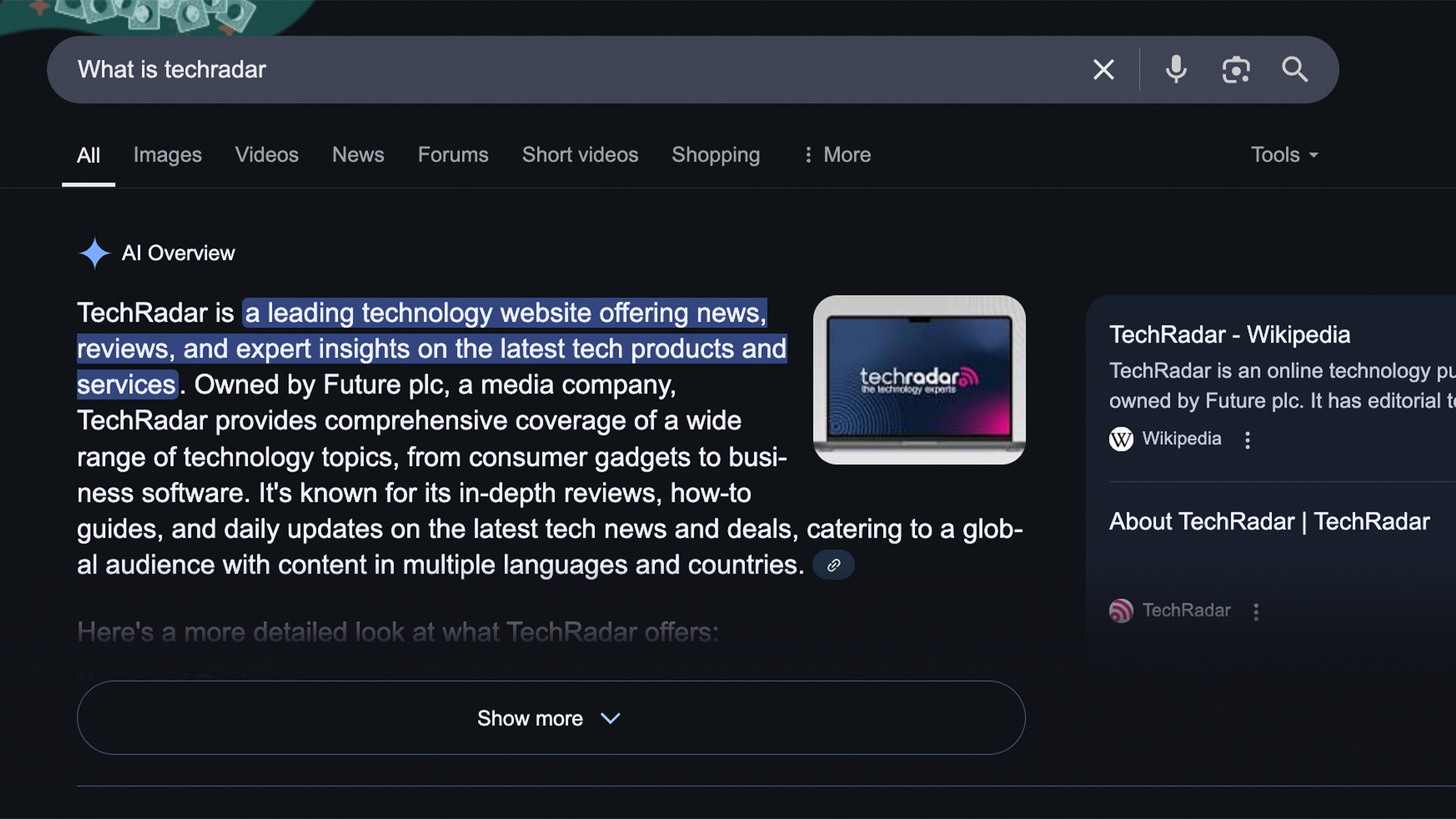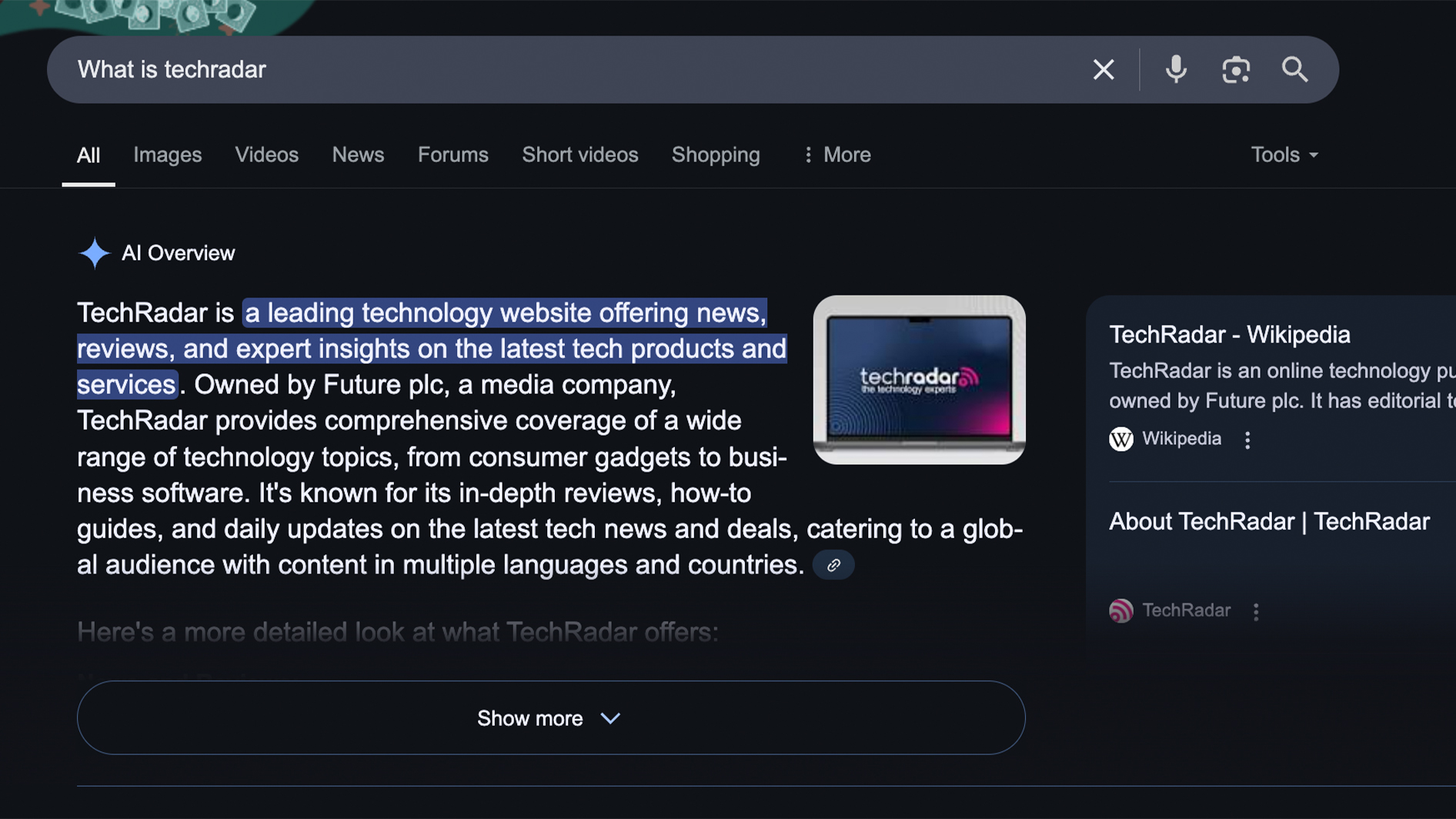The Rise of Google’s AI Overviews
Google’s AI Overviews have revolutionized the way we search for information online. By combining Google Gemini’s language models with Retrieval-Augmented Generation, the feature aims to provide users with quick and accurate summaries of their search queries. However, this innovation has not been without its challenges.
The Problem of Inaccuracy
The creation of these summaries involves a two-step process: retrieving relevant information and generating a summary based on that information. Issues arise when there’s a disconnect between these two steps. While the retrieved information may be accurate, the AI can make erroneous leaps and draw strange conclusions when generating the summary. This has led to some notable gaffes, such as recommending glue to prevent cheese from sliding off homemade pizza and describing running with scissors as a beneficial cardio exercise.

Liz Reid, Head of Google Search, acknowledged these issues and attributed them to “nonsensical queries” and “satirical content.” However, the problem persists even with genuine queries. The AI’s tendency to “hallucinate” or fabricate information poses significant risks, especially when it comes to critical areas like health and finance.
The Risks of Misinformation
The widespread use of AI Overviews means that billions of users are potentially exposed to misinformation. This is particularly concerning when users take the AI-generated summaries at face value without verifying the sources. The problem is compounded by declining literacy and numeracy skills in many countries, making it harder for people to critically evaluate the information they receive.

Associate Professor Grant Blashki argues that the issue lies not with the technology itself, but with how we use it. The ease of relying on AI summaries can lead to a lack of critical thinking and a diminished ability to navigate complex information landscapes. Neuroscience suggests that struggling with information is essential for learning, and over-reliance on AI can hinder this process.
The Need for Vigilance
While Google’s AI Overviews can be useful, their unreliability means that users must be cautious. The only effective defense against AI misinformation is to verify information through other sources, particularly those written or checked by humans. As AI technology continues to evolve, it’s crucial that we develop a more discerning approach to consuming information online.
In conclusion, while AI Overviews represent a significant advancement in search technology, their current limitations and potential risks necessitate a cautious approach. By being aware of these challenges and taking steps to verify information, we can harness the benefits of AI while minimizing its drawbacks.


